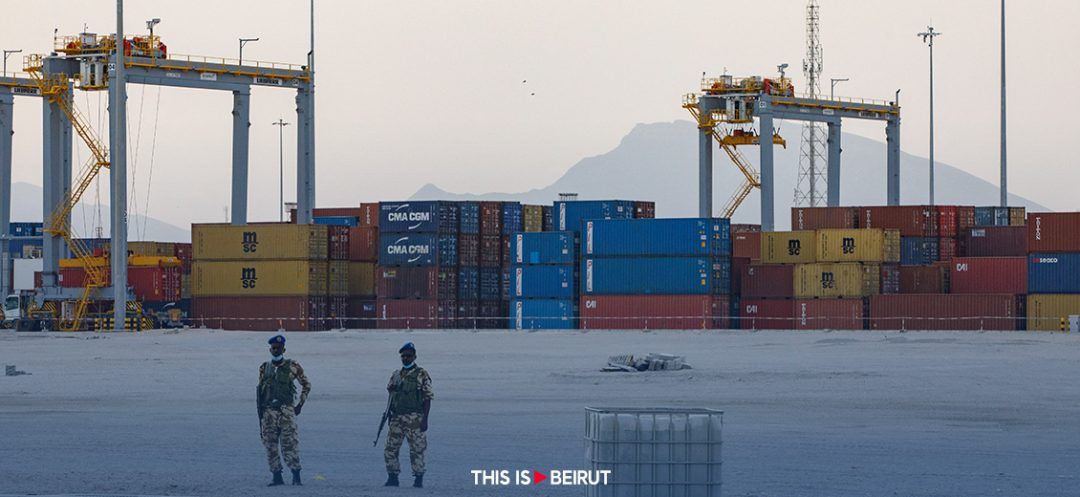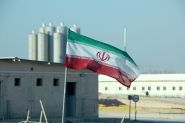
©(Ed Ram, AFP)
On Tuesday, Somalia firmly asserted its commitment to defending its territory through “any legal means” and took the significant step of recalling its ambassador to Ethiopia after Addis Ababa struck a controversial deal with the breakaway region of Somaliland.
The controversial Addis Ababa deal, providing Ethiopia with coveted access to the Red Sea, was announced shortly after Somalia's central government had agreed to resume dialogue with the separatist northern region following years of deadlock. Somaliland, which declared independence from Somalia in 1991, seeking full statehood, faces opposition from Mogadishu and lacks international recognition.
The memorandum of understanding (MOU) signed by Ethiopian Prime Minister Abiy Ahmed and Somaliland leader Muse Bihi Abdi is deemed “historic.” It grants Ethiopia access to the Red Sea port of Berbera and establishes a military base. The Somali cabinet emphasized that Somaliland is constitutionally part of Somalia, considering the agreement a “clear violation” of its sovereignty.
In response, Somalia recalled its ambassador to Ethiopia for consultation and appealed to global entities such as the United Nations, African Union, Arab League, and IGAD to support its right to defend its sovereignty and compel Ethiopia to adhere to international laws.
While there was no immediate comment from the Ethiopian government, concerns arise from Ethiopia's assertion of its right to access the Red Sea, particularly following its cut-off from the coast after Eritrea's secession in 1993. The deal allows Ethiopia access to a leased military base on the Red Sea, addressing a long-standing economic constraint.
The timeline for the pact's implementation remains unclear. Notably, on Friday, Somalia and Somaliland agreed to resume dialogue after talks mediated by Djibouti President Ismail Omar Guelleh, marking the first such discussions since 2020, when similar negotiations stalled.
Miroslava Salazar, with AFP
The controversial Addis Ababa deal, providing Ethiopia with coveted access to the Red Sea, was announced shortly after Somalia's central government had agreed to resume dialogue with the separatist northern region following years of deadlock. Somaliland, which declared independence from Somalia in 1991, seeking full statehood, faces opposition from Mogadishu and lacks international recognition.
The memorandum of understanding (MOU) signed by Ethiopian Prime Minister Abiy Ahmed and Somaliland leader Muse Bihi Abdi is deemed “historic.” It grants Ethiopia access to the Red Sea port of Berbera and establishes a military base. The Somali cabinet emphasized that Somaliland is constitutionally part of Somalia, considering the agreement a “clear violation” of its sovereignty.
In response, Somalia recalled its ambassador to Ethiopia for consultation and appealed to global entities such as the United Nations, African Union, Arab League, and IGAD to support its right to defend its sovereignty and compel Ethiopia to adhere to international laws.
While there was no immediate comment from the Ethiopian government, concerns arise from Ethiopia's assertion of its right to access the Red Sea, particularly following its cut-off from the coast after Eritrea's secession in 1993. The deal allows Ethiopia access to a leased military base on the Red Sea, addressing a long-standing economic constraint.
The timeline for the pact's implementation remains unclear. Notably, on Friday, Somalia and Somaliland agreed to resume dialogue after talks mediated by Djibouti President Ismail Omar Guelleh, marking the first such discussions since 2020, when similar negotiations stalled.
Miroslava Salazar, with AFP
Read more




Comments